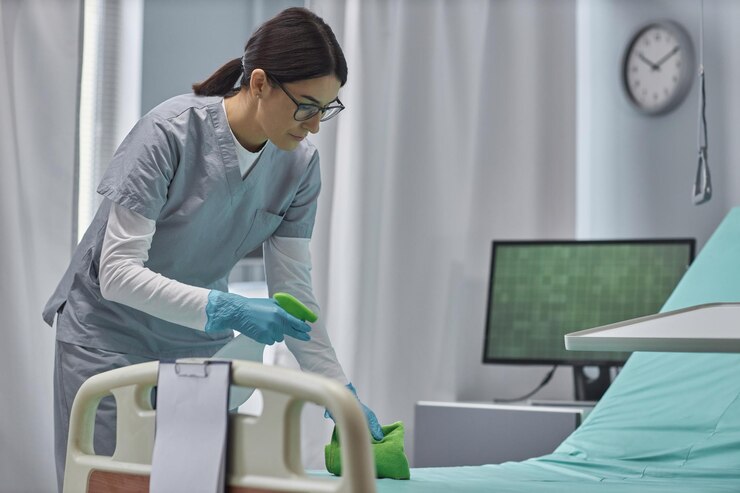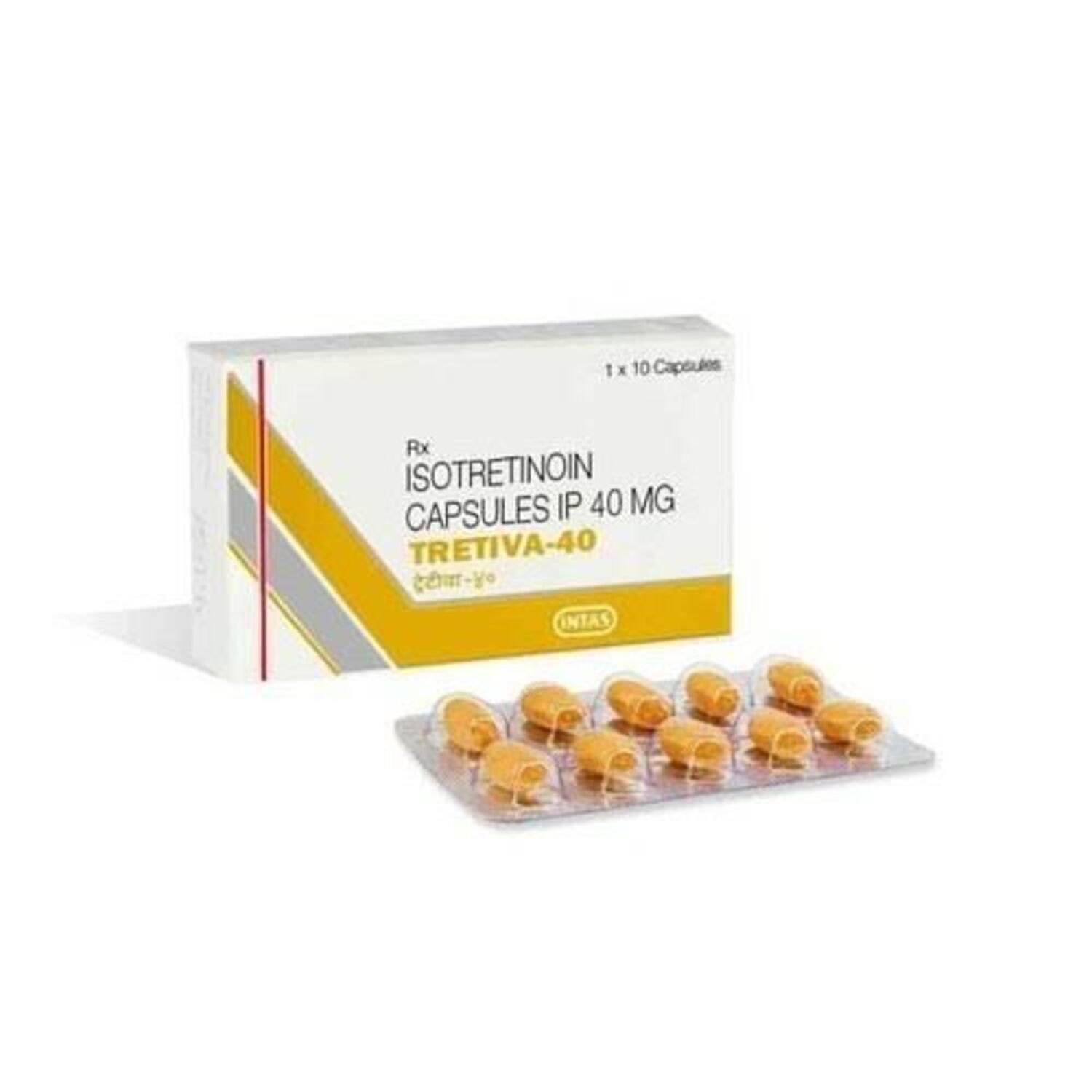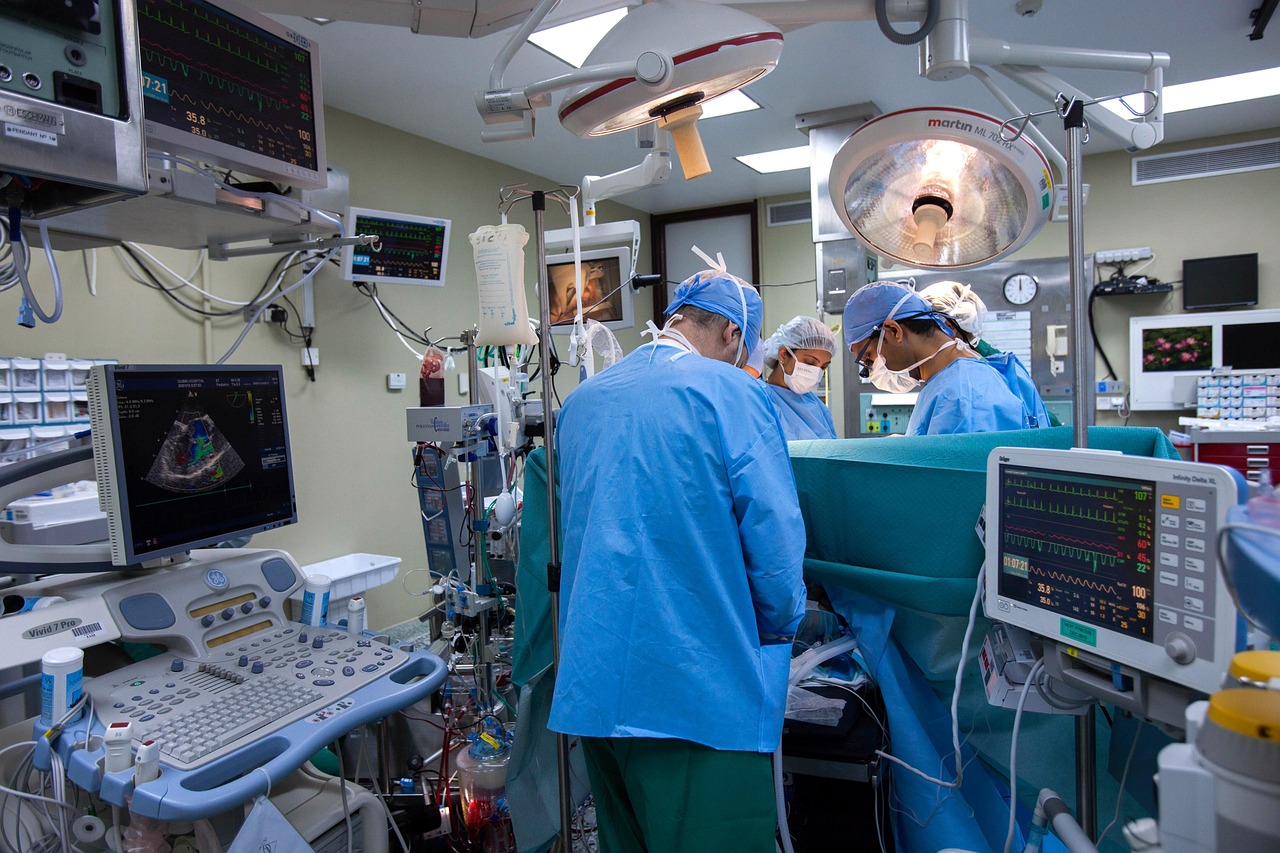Ever worried about hospital-acquired infections? How clean is “smooth enough”? By adopting some habits such as handwashing, sterilization and waste disposal are important factors to protect from spreading of infections.
Are your hospitals’ needs for up-to-date protocols? Let’s discuss some essential hospital hygiene that must-knows.
For example a hospital in Pakistan plays an important role in providing medical care but one of the most wonderful areas of any healthcare facility is hygiene.
It does not matter if you are a patient, a visitor or a healthcare worker, understanding and practicing hospital hygiene can help us a lot to prevent the spread of disease and provide a safe environment.
Now we are going to explore some key elements for maintaining hospital hygiene.
Hand Hygiene: The First Line of Defense
One of the simplest but most effective ways to maintain hygiene inside a hospital is handwashing. During our stay at the hospital we have to wash our hands frequently.
Especially after touching surfaces, before eating and after coming into contact with patients. Because these things can spread infections from one person to another.
Therefore healthcare professionals should follow strict hand hygiene protocol which may include using alcohol-based sanitizers or washing hands with soap and water for at least 20 seconds.
Proper Waste Disposal Matters
Each hospital must have to follow disposed criteria properly. It may be medical waste including used syringes, gloves and other hazardous materials should be disposed of in designated containers.
For example each hospital should have clear guidelines on segregating waste into different categories such as infectious waste, non-infectious waste, and recyclable materials.
They should also follow these guidelines to prevent contamination and reduce the risk of infections. Moreover this technique can save the lives of many people each day.
Disinfecting Surfaces and Equipment
Hospital surfaces and medical equipment are the places, which may be touched by professionals, patients and their family members also can spread harmful bacteria.
For which we should regularly focus on cleaning and disinfecting of patient beds, door handles, and medical tools used by both doctors and patients should be kept at priority.
Moreover we must make sure that the hospital staff follow the strict cleaning schedules to minimize the spreading of germs and can save us from chronic disease.
Personal Protective Equipment (PPE) Usage
The safety of healthcare providers is very important. So each healthcare worker must wear appropriate personal protective equipment.
For example, wearing gloves, masks and gowns, especially when dealing with patients who have contagious diseases, is very essential for self protection and helps prevent spreading of various diseases.
However proper use and disposal of PPE can prevent cross-contamination and protects both medical professionals and patients. Each member inside the hospital needs to adopt safety precautions.
Air Quality and Ventilation
Clean atmosphere is the first priority of each hospital. Because good air circulation is important to reduce airborne infections inside the hospital. For which our ventilation systems should be regularly checked.
We should also try to maintain the proper airflow. It’s necessary for critical areas like operating rooms and ICUs, air purification systems and HEPA filters should be used to minimize airborne contaminants.
Patient and Visitor Hygiene Awareness
It is not only the responsibility of medical staff who need to maintain hygiene. But visitors and patients should also be aware of hospital hygiene protocols. So that they can focus on their health.
For example, if we encourage visitors to sanitize their hands entering and leaving the hospital each time and follow any hygiene instructions given by medical staff, it must help us to protect ourselves from infections.
Specialized Hygiene Practices for Mental Health Facilities
As each simple hospital requires some techniques, similarly psychiatric hospitals also require firm hygiene practices. So it’s important for us to take care of the cleanliness of these spaces.
Because these can cause the spreading of various diseases. For example a psychiatrist in Multan or any other city must pay attention towards hygiene.
However, their therapy rooms, shared spaces and patient accommodations are regularly cleaned to prevent the spread of infections and create a safe environment for mental health care.
Final Thoughts
So we will be able to say that maintaining hospital hygiene is not a responsibility of a single person but it’s a shared responsibility. Each person pays attention towards hospital hygiene.
Whether you are a healthcare provider, a patient, or a visitor, you have to observe proper hygiene practices to defend your lives.
Therefore through prioritizing cleanliness, we can offer a more fit and more safer healthcare surroundings for everyone. Where they can frequently visit in future without any fear.
Also Read: SIA Training in Romford Your Pathway to a Security Career.






